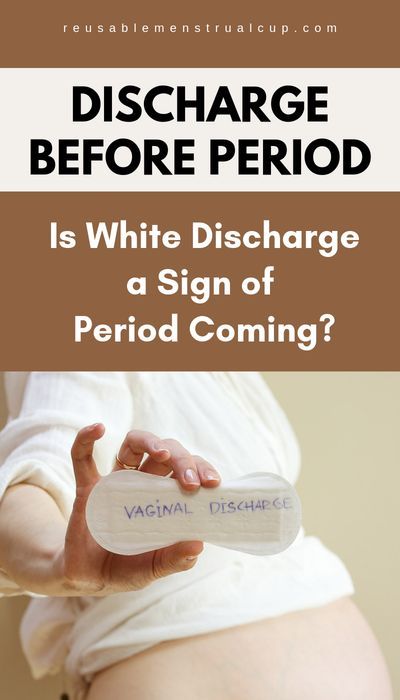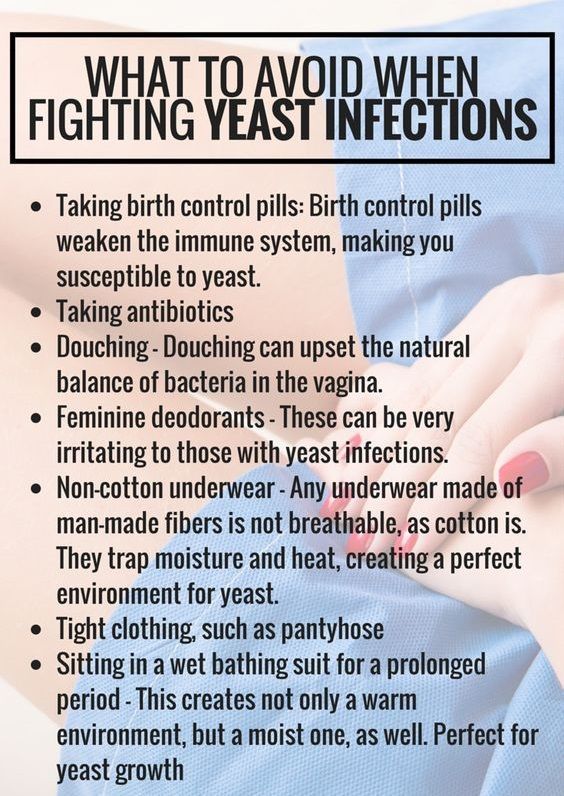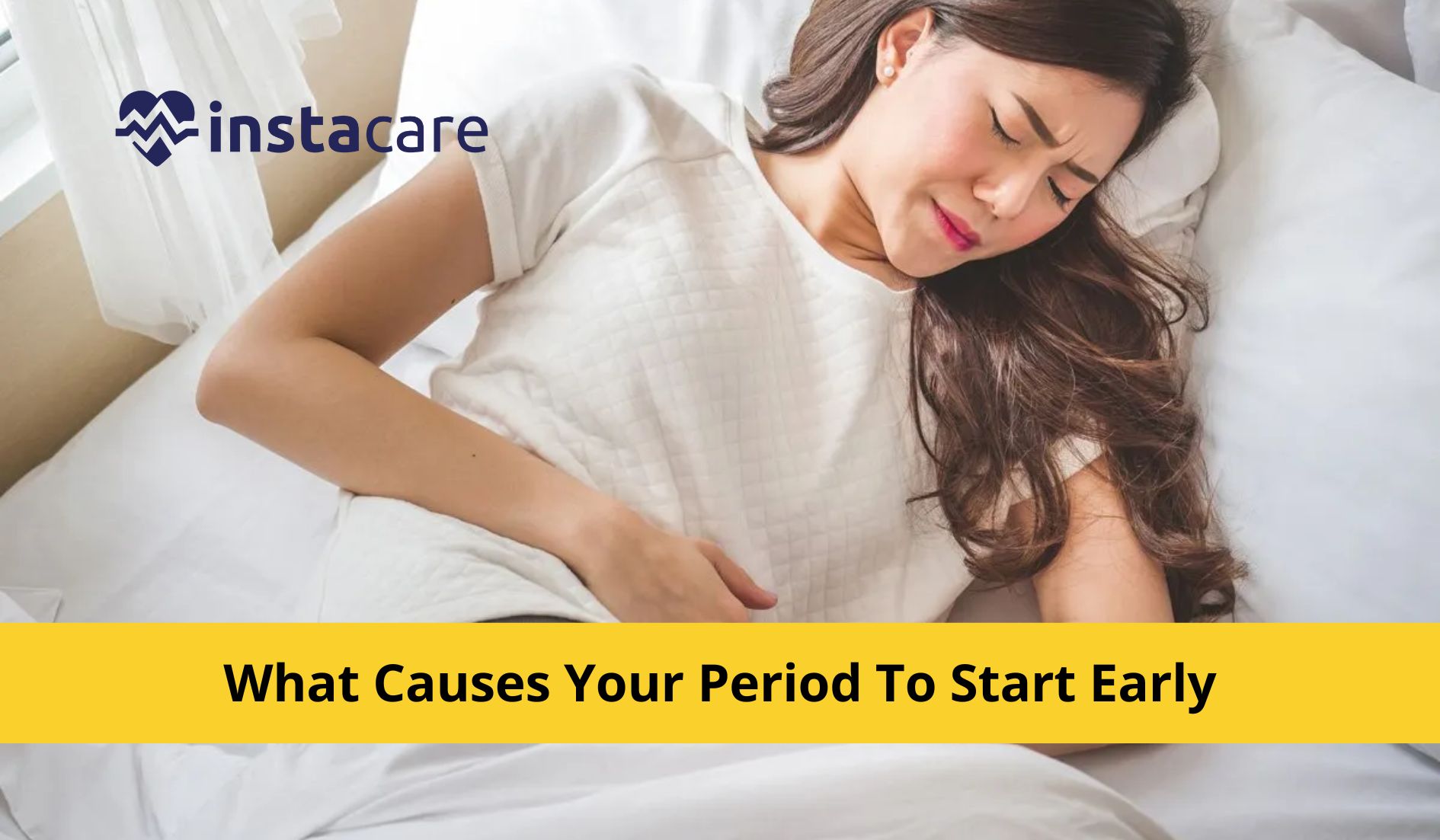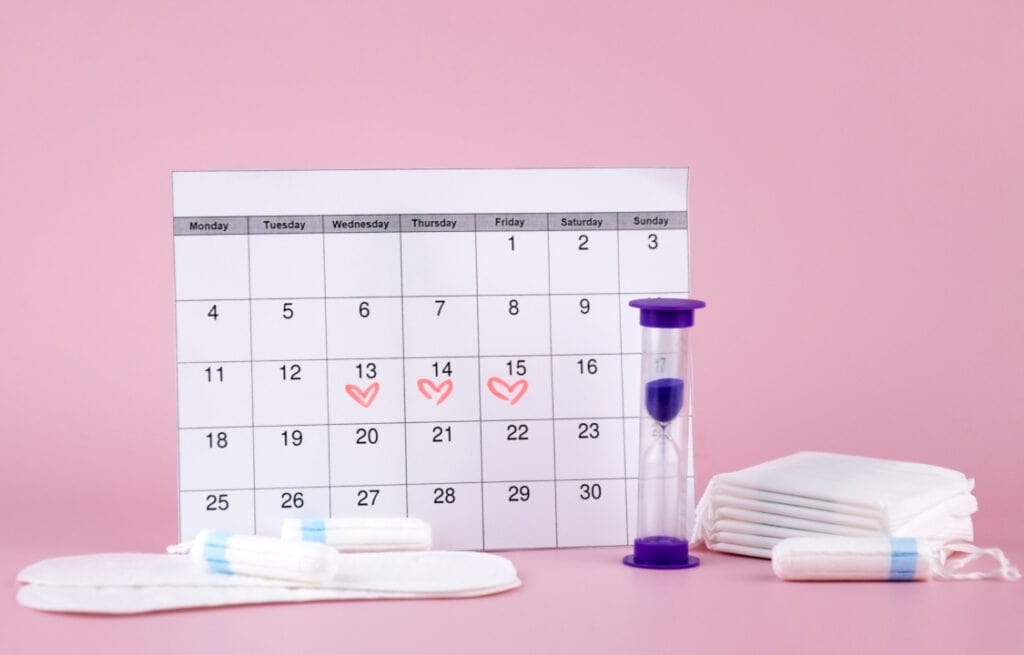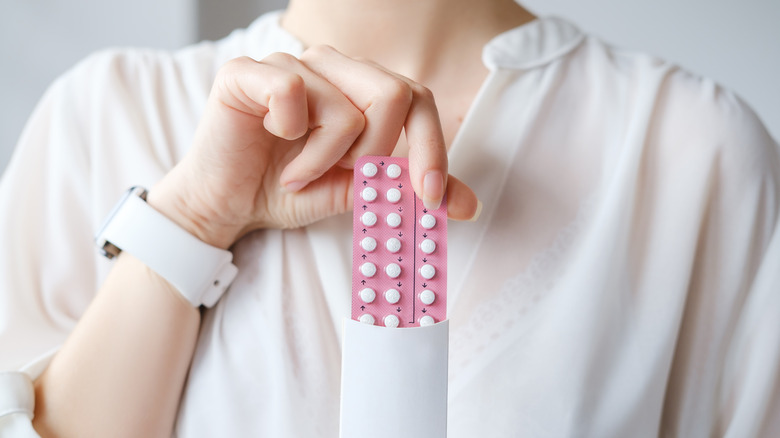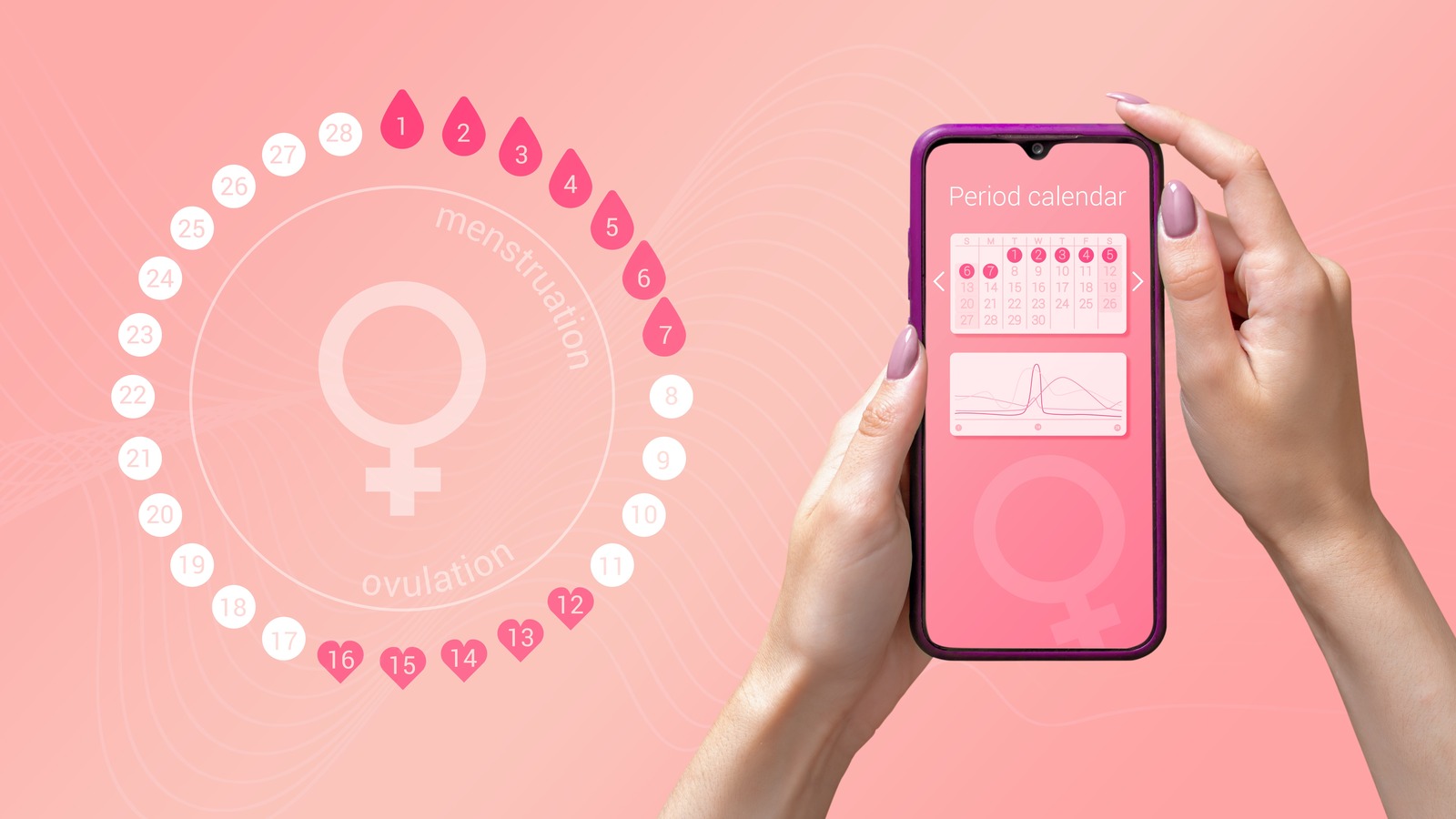Can Probiotics Make Your Period Come Early

Imagine this: you're meticulously planning a beach vacation, dreaming of sun-kissed skin and carefree days. But then, a familiar twinge throws a wrench in your plans – your period is arriving, seemingly out of nowhere, days before its expected debut. Could that new bottle of probiotics you started taking a few weeks ago be the culprit? It's a question many women are quietly pondering, scrolling through forums and whispering to friends, searching for answers in the confusing landscape of gut health and hormonal harmony.
The burning question on many minds is this: can probiotics, those tiny titans of gut health, actually influence the timing of your menstrual cycle? While direct scientific evidence linking probiotics to early periods is currently limited, the intricate connection between the gut microbiome and hormonal balance suggests a complex interplay that warrants further exploration. This article delves into the existing research, expert opinions, and anecdotal experiences to unravel the potential relationship between probiotics and menstrual cycle variations.
Understanding the Gut-Hormone Connection
To understand the potential link between probiotics and menstrual cycles, it’s crucial to first grasp the complex relationship between the gut microbiome and our hormones. The gut microbiome, a bustling community of trillions of bacteria, fungi, and other microorganisms residing in our digestive tract, plays a vital role in various bodily functions. This includes nutrient absorption, immune system regulation, and even hormone metabolism.
Specifically, the gut influences estrogen levels through an enzyme called beta-glucuronidase. This enzyme, produced by certain gut bacteria, can deconjugate estrogen, allowing it to be reabsorbed back into the bloodstream. An imbalance in gut bacteria, a condition known as dysbiosis, can disrupt this process, potentially leading to altered estrogen levels and subsequent menstrual irregularities.
Probiotics: Friends or Foes to Your Cycle?
Probiotics, often hailed as beneficial bacteria, are live microorganisms that, when administered in adequate amounts, confer a health benefit on the host. They work by modulating the composition and function of the gut microbiome, promoting a healthier balance of bacteria. This begs the question: if gut health influences hormones, can probiotics, by improving gut health, indirectly affect the menstrual cycle?
Theoretically, a shift in the gut microbiome due to probiotic supplementation could impact estrogen metabolism. If probiotics alter the activity of beta-glucuronidase or the populations of bacteria that produce it, it could influence estrogen levels, potentially affecting the timing of menstruation. However, the scientific evidence directly linking probiotics to earlier periods is sparse and often anecdotal.
What the Research Says (and Doesn't Say)
Currently, there are limited studies specifically investigating the effect of probiotics on menstrual cycle length or timing. Most research focuses on the broader impact of probiotics on women's health, including vaginal health and the prevention of urinary tract infections.
Some studies have explored the role of the gut microbiome in conditions like Polycystic Ovary Syndrome (PCOS), a hormonal disorder that often causes irregular periods. While these studies don't directly address the impact of probiotics on the timing of menstruation in healthy women, they highlight the significant role of the gut microbiome in hormonal health.
A review published in "The Journal of Clinical Endocrinology & Metabolism" explored the connection between the gut microbiome and estrogen metabolism. It noted that dysbiosis can disrupt estrogen homeostasis, potentially contributing to various hormonal disorders. This review, however, did not specifically examine the effects of probiotic supplementation on menstrual cycle timing.
Expert Opinions and Anecdotal Evidence
Many healthcare professionals acknowledge the potential, albeit indirect, influence of probiotics on hormonal balance. Dr. Sarah Williams, a registered dietitian specializing in women's health, explains, "While we don't have definitive proof that probiotics can directly cause an early period, the gut-hormone axis is a real and complex connection. Any significant shift in gut bacteria could theoretically impact hormone levels."
She adds, "It's important to remember that everyone's microbiome is unique, so the response to probiotics will vary. Some women might experience noticeable changes in their cycle, while others won't."
Online forums and social media groups are filled with anecdotal accounts from women who believe their periods arrived earlier after starting probiotics. These personal experiences, while not scientific evidence, offer valuable insights into the potential effects of probiotics on individual menstrual cycles. However, it’s crucial to approach anecdotal evidence with caution, as correlation does not equal causation.
Factors That Can Influence Your Menstrual Cycle
It's important to consider that many factors can influence the timing and length of your menstrual cycle. Stress, diet, exercise, travel, medications, and underlying health conditions can all contribute to variations in your cycle. Before attributing an early period solely to probiotics, it's essential to consider these other potential factors.
Lifestyle changes, such as starting a new workout routine or experiencing a period of intense stress, can significantly impact hormone levels and menstrual regularity. Medical conditions like thyroid disorders or PCOS can also cause irregular periods.
Certain medications, including hormonal birth control, can also affect the menstrual cycle. It's always a good idea to consult with your healthcare provider to rule out any underlying medical conditions or medication interactions if you experience significant changes in your cycle.
Navigating the World of Probiotics
If you're considering taking probiotics, it's essential to choose a high-quality product from a reputable brand. Look for probiotics that contain a variety of beneficial bacterial strains and have been tested for potency and purity. It's also wise to start with a low dose and gradually increase it to assess your tolerance.
It's highly recommended to consult with a healthcare professional, such as a doctor or registered dietitian, before starting any new supplement regimen, especially if you have underlying health conditions or are taking medications. They can help you determine if probiotics are right for you and advise on the appropriate dosage and strains.
Pay attention to your body and track any changes you experience after starting probiotics. Monitoring your menstrual cycle, including the timing, duration, and flow, can help you identify any potential patterns or correlations. If you notice significant or concerning changes in your cycle, consult with your healthcare provider.
Conclusion: A Complex Puzzle
The question of whether probiotics can make your period come early remains a complex one, with no definitive answer. While the gut-hormone connection suggests a potential influence, the scientific evidence directly linking probiotics to earlier periods is limited. Individual responses to probiotics can vary, and many other factors can affect menstrual cycle timing.
The key takeaway is to approach probiotics with awareness and mindful observation. While they offer a multitude of potential benefits, understanding their potential impact on your individual hormonal landscape is crucial. Pay attention to your body, track your cycle, and consult with healthcare professionals for personalized guidance.
Ultimately, the journey to understanding the intricate interplay between gut health and hormonal harmony is an ongoing one. By staying informed, listening to our bodies, and seeking expert advice, we can navigate this complex terrain with confidence and empower ourselves to make informed decisions about our health and well-being.





